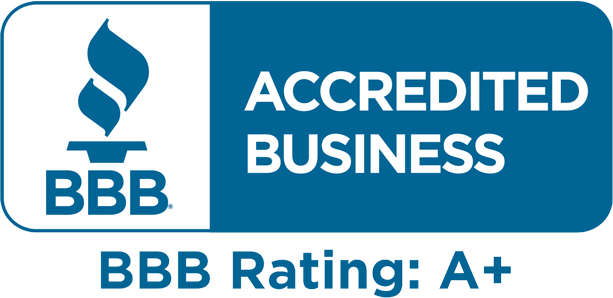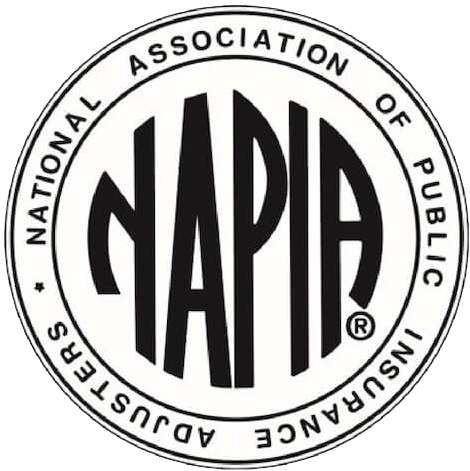Actual Cash Value Versus Recoverable Cash Value Definitions: Everything You Need to Know

Insurance policies have two different definitions of value: Actual Cash Value (ACV) and Recoverable Cash Value (RCV).
These two definitions will play a significant role in your insurance claim.
Today, we’re explaining the difference between these two definitions – and how those differences could affect you.
The Difference is Whether or Not Depreciation is Covered
When damage occurs to your property, your insurance company must pay you an indemnity to cover your losses. Indemnity is the payment for that loss by the insurer (your coverage provider) to the insured (you).
That indemnity is designed to restore your property to its pre-loss condition. Its goal is to make your property become “whole” again – like to the condition it was in five minutes before the incident occurred.
The insured individual should not make a profit off the indemnity. It’s designed to fully recover your loss – nothing more and nothing less.
But what happens when your 15 year old refrigerator is damaged in a house fire? Do you get the same coverage as you would for your 2 week old refrigerator? That’s where ACV and RCV come into question.
Actual Cash Value = Replacement Cost – Depreciation
The best definition for ACV Is that it’s replacement cost minus depreciation.
Replacement cost is the actual cost in today’s dollars to repair or replace your property back to pre-loss condition.
Depreciation is a deduction based on age and the useful life of that property – i.e. the condition it was in prior to your loss.
To understand exactly how this works, let’s take a look at a situation faced by many homeowners after a devastating event like a house fire.
RCV and ACV in Homes Damaged by Fire
Let’s say your house – built in 1970 – is damaged by a fire that causes $50,000 RCV in damages. Repairing your home to its pre-loss condition would cost $50,000.
However, the insurance company deducts $10,000 deprecation from the RCV of $50,000, thus calculating an ACV payment of $40,000.
Now, if you have an ACV insurance policy, then you will be paid $40,000 for the fire that ravaged your home, and you will not be compensated for the amount of depreciation experienced by your home.
If you have an RCV insurance policy, you would only be able to recover the deprecation of $10,000 if you incurred that expense over your ACV payment of $40,000. To prove this, your insurance company will request additional documentation – like receipts, invoices, and a completion inspection. Once you have this, the insurer is required to pay the recoverable depreciation.
ACV Insurance Policies Cost Less and Pay Out Less
When you’re comparing home insurance policies, you’ll inevitably find that ACV insurance policies are cheaper than RCV insurance policies.
Of course, the downside is that ACV insurance policies won’t cover depreciation. Deprecation on any property – even newer ones – can account for a substantial percentage of a home’s value.
Do you want lower premiums today and take the risk of a lower payout in the future? Or are you willing to pay a little more today for larger payouts in the future? That’s the central question of any insurance policy – and you’ll want to think about it carefully.
Public Adjusters Can Fight for Higher Values and Lower Depreciations
Your insurance company’s goal is to pay you the lowest amount they’re legally required to pay. That’s why many insurance companies offer aggressive depreciation values.
If you think your insurance company has given your property a depreciation that’s too aggressive, then you may wish to hire a public adjuster. Public adjusters help you fight back against your insurance agency. They strive to lower depreciation and raise your ACV.
Whether you have a RCV or ACV insurance policy, a public adjuster can help you save tens of thousands of dollars and ensure you get the amount to which you’re legally entitled.






